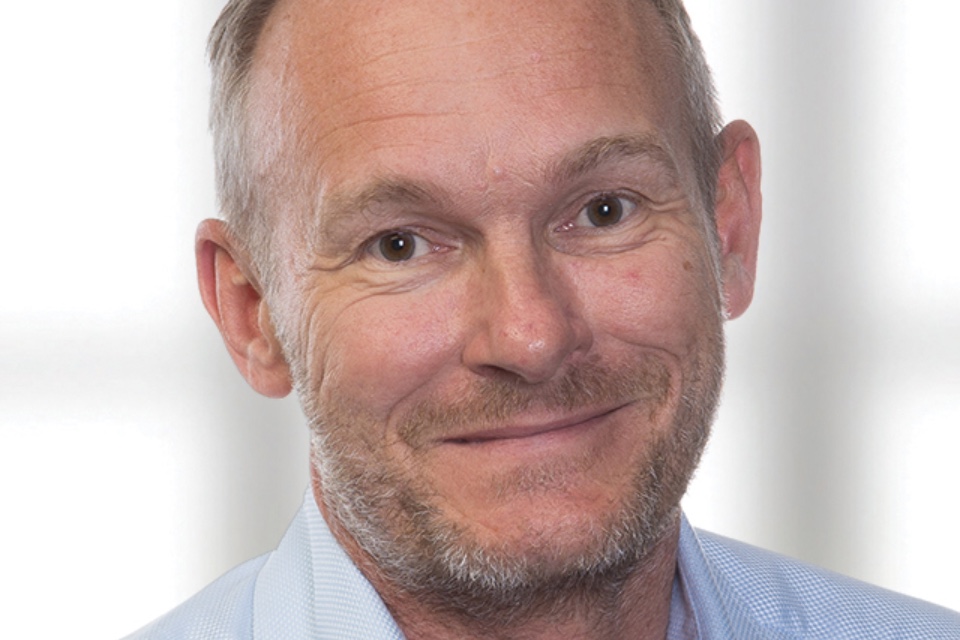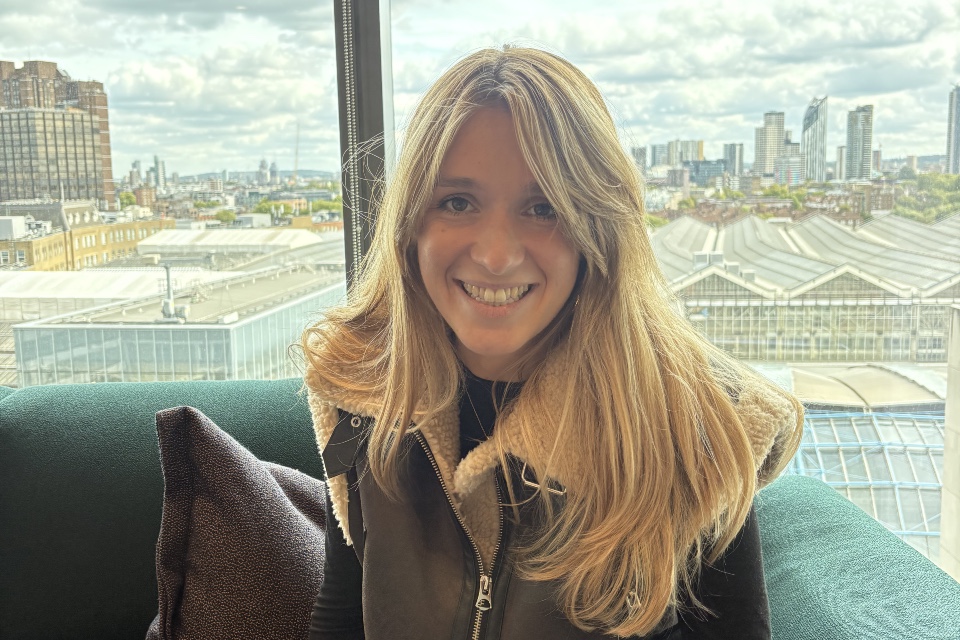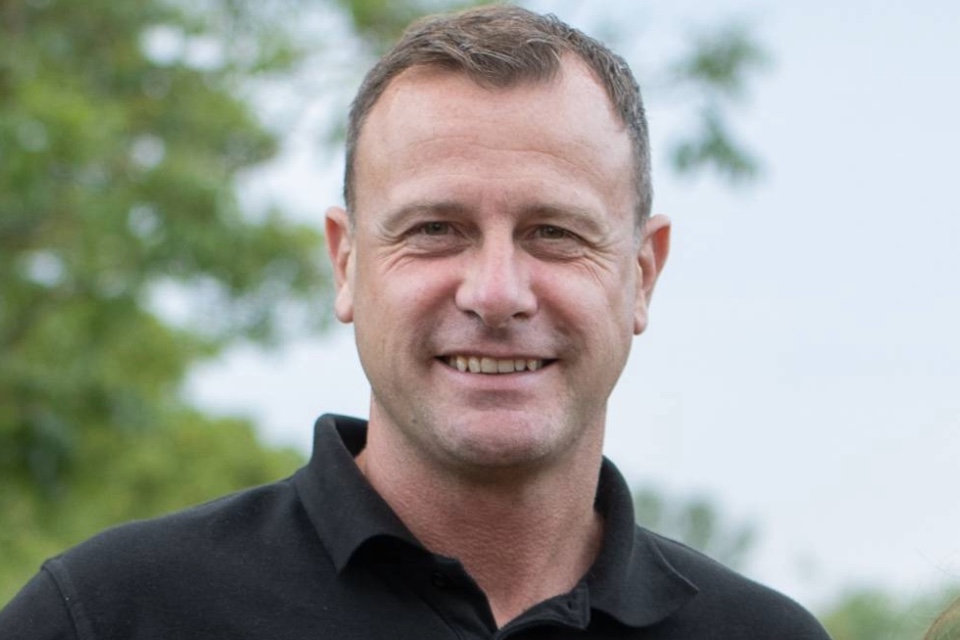In the latest instalment of our supply chain industry executive interview series we spoke to Oliver Wight EAME CEO Les Brookes about his company, industry opportunities, the challenges presented by COVID-19 and the importance of data for running business scenarios…
Tell us about your company, products, and services.
Oliver Wight are a global organisation that works with businesses to improve their planning capabilities, enable end to end supply chain integration, shape demand, and alter the mindset of business leaders to unlock a whole new, improved way of working. And what follows is outstanding results. We are the originators of Sales & Operations Planning and industry thought leaders for Integrated Business Planning. Our philosophy is based on finding the sweet spot between process, people, and tools to enable business sustainability and success.
What really sets us apart as a business is that each of the Oliver Wight Partners who deliver education to clients, understand that client’s ambitions, challenges, and concerns because they were, themselves, once a client of Oliver Wight. They have all held senior positions in a variety of industries so understand the necessary steps businesses need to take in order to succeed.
What have been the biggest challenges the supply chain industry has faced over the past 12 months?
Of course it’s easy to talk about the current COVID-19 related challenges and the need to re-evaluate the source of supply etc, but I would say the biggest challenge (and where the biggest opportunity lies) is gaining true end to end visibility and management of the supply chain.
And what have been the biggest opportunities?
The opportunity could also be seen as a company threat, for example if we don’t take the opportunity to plan and manage the end to end supply chain it is likely that our costs will be higher than those of our competitors. The opportunity is in delivering the lowest cost throughout the entire supply chain – not just for what we own.
What is the biggest priority for the supply chain industry in 2020?
The integration with demand, based on the levels of volatility that we are going to continue to see and being able to run and execute multiple scenarios.
What are the main trends you are expecting to see in the market in 2020?
I would expect organisations to re-evaluate how they are able to be flexible and agile whilst also understanding how they can adapt their process to fit the current levels of volatility. For example, how to use DDMRP – that was designed for use in a steadier state – to manage increased levels of fluctuating demand.
What technology is going to have the biggest impact on the market this year?
I think that organisations will want to extract data to run business scenarios, plan the end to end supply chain for all partners, and extract data for Integrated Business Planning. So it’s likely that new technology such as 09 or SAP IBP with its other modules will roll to the top.
In 2022 we will all be talking about…?
We will all be discussing the ongoing impact of COVID-19 re. the global recession, and hence we will be talking more about Integrated Business Planning’s capability to effectively plan and manage the integration of strategy and the latest bottom up plans.
Which person in, or associated with, the supply chain industry would you most like to meet?
I am always interested in meeting Supply Chain VPs but in this changing world I would also like to meet the Heads of Digital.
What is the most surprising thing you have learnt about the supply chain sector?
That there are still so many organisations that are average at planning albeit they have all the systems known to man. With this in mind I don’t actually think it’s the tools that are the issue.
You go to the bar at the Total Supply Chain Summit – what is your tipple of choice?
I tend to be a gin and tonic man, but since I work with some big clients in beers, spirits, and soft drinks I do feel I have to support their brands too!
What is the most exciting thing about your job?
Working with people to realise improved performance that helps to deliver a competitive advantage.
And what is the most challenging?
Typically the most challenging aspect of the job is getting people to change what they have always done so that they can realise the opportunities that exist.
What is the best piece of advice you have ever been given?
Failing is okay providing you learn from your mistakes.







